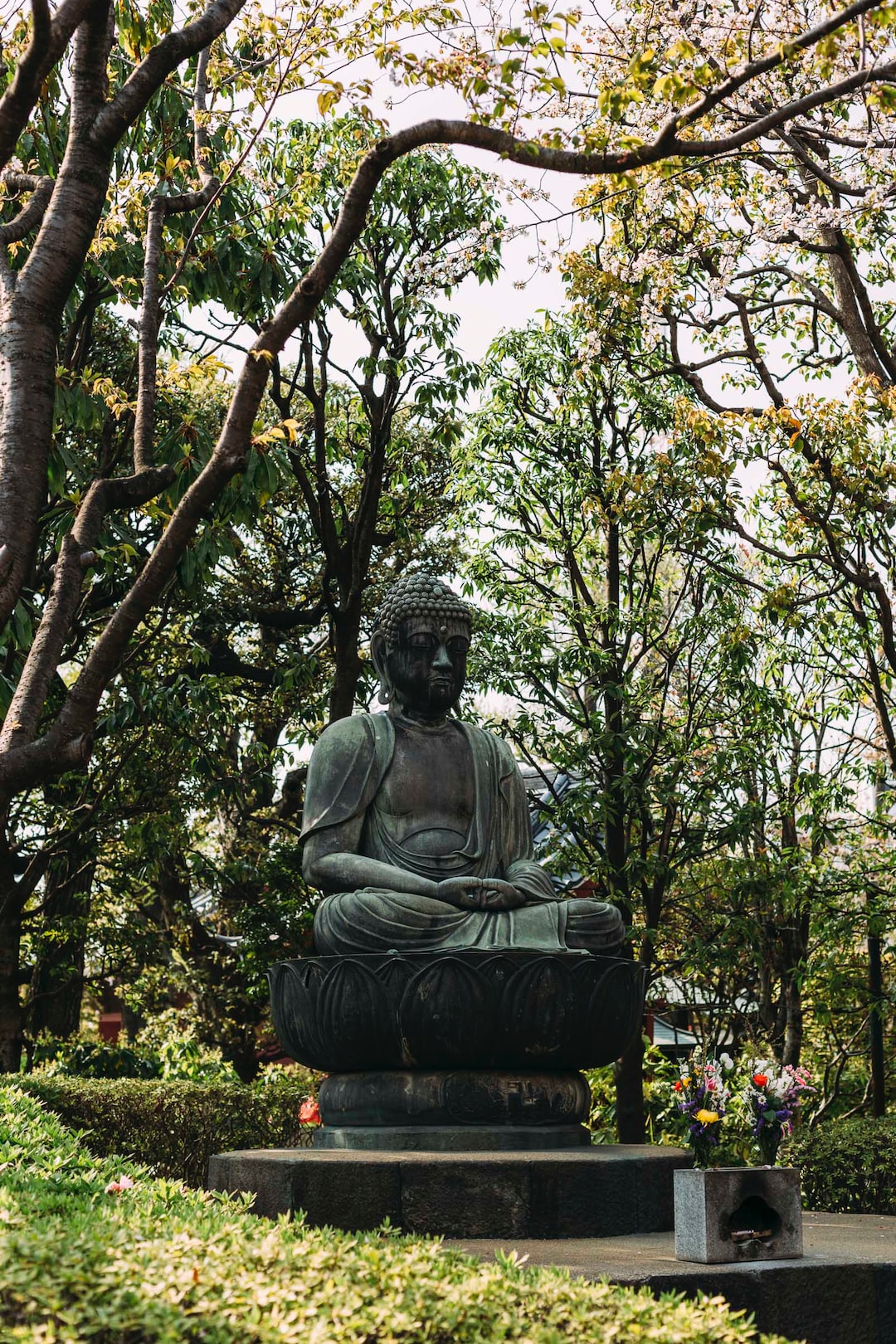Unraveling the Parallels between Mythology and Religion
Throughout history, mythology and religion have played significant roles in shaping human civilization. Both offer explanations for the mysteries of existence and provide a framework that guides adherents in understanding the world around them. Although distinct in many ways, mythologies and religions often share striking parallels that warrant exploration. By unpacking these similarities, we can gain a deeper understanding of the human condition and the universal quest for meaning.
To begin, it is important to define both mythology and religion. Mythology refers to a collection of traditional narratives or stories that explain natural phenomena, cultural beliefs, and historical events. These stories often involve deities, heroes, and supernatural creatures and are believed to shape societal values and norms. On the other hand, religion encompasses a set of beliefs, practices, and rituals that seek to establish a connection between humans and their perceived higher power or transcendental reality. Religions often involve worship, moral codes, and the observance of sacred texts.
Both mythology and religion address fundamental questions about the origin of the universe, the purpose of human life, and the existence of a higher power. In mythological narratives, creation stories are often used to explain the origins of the natural world and the place of humans within it. For example, the Greek myth of Prometheus and the creation of humans from clay highlights the desire for an understanding of human existence. Similarly, most religions have creation stories that aim to explain the origins of the universe and the role of humans in it, such as the Abrahamic creation story found in the book of Genesis.
Another parallel between mythology and religion lies in the presence of deities or higher beings. Mythological stories are rich in divine characters who represent various aspects of life and nature. These deities often have human-like qualities, displaying emotions, desires, and flaws. This anthropomorphic portrayal of divine beings can be found in ancient Greek, Norse, and Egyptian mythologies. Similarly, in many religious traditions, gods and goddesses are central to the beliefs and practices of adherents. Whether it is the Hindu gods and goddesses, the Christian Holy Trinity, or the multitude of deities within polytheistic religions, the presence of divine figures is a shared aspect of both mythology and religion.
Furthermore, both mythology and religion provide moral guidance and establish societal norms. Mythological stories often contain moral lessons, cautionary tales, and codes of conduct. For instance, the Greek myth of Pandora’s box warns against the perils of curiosity and the consequences of disobeying divine commandments. Likewise, religions frequently offer ethical guidelines and moral teachings to guide individuals towards virtuous behavior. Whether it is the Ten Commandments in Judaism and Christianity or the Five Pillars of Islam, religious doctrines provide a moral compass for adherents.
Additionally, both mythology and religion employ rituals and ceremonies as a means of expressing devotion and communicating with the divine. Mythological rituals, such as sacrifices and prayers to appease deities, were common in ancient societies. These rituals aimed to establish a connection with the divine and seek divine favors or protection. Similarly, religious traditions incorporate rituals and ceremonies to express devotion, seek forgiveness, and strengthen the spiritual bond between humans and the divine. Whether it is the Hindu puja, the Christian Eucharist, or the Islamic Hajj pilgrimage, rituals play an integral role in religious practices worldwide.
In conclusion, despite their differences, mythology and religion share intriguing parallels that elucidate the human quest for meaning and understanding. Both address existential questions, involve divine figures, guide moral conduct, and employ rituals to establish a connection with the divine. By unraveling these parallels, we can appreciate the shared essence of mythologies and religions throughout history. Ultimately, these profound similarities remind us of the universal human desire to explore the unknown, seek purpose, and connect with something greater than ourselves.
